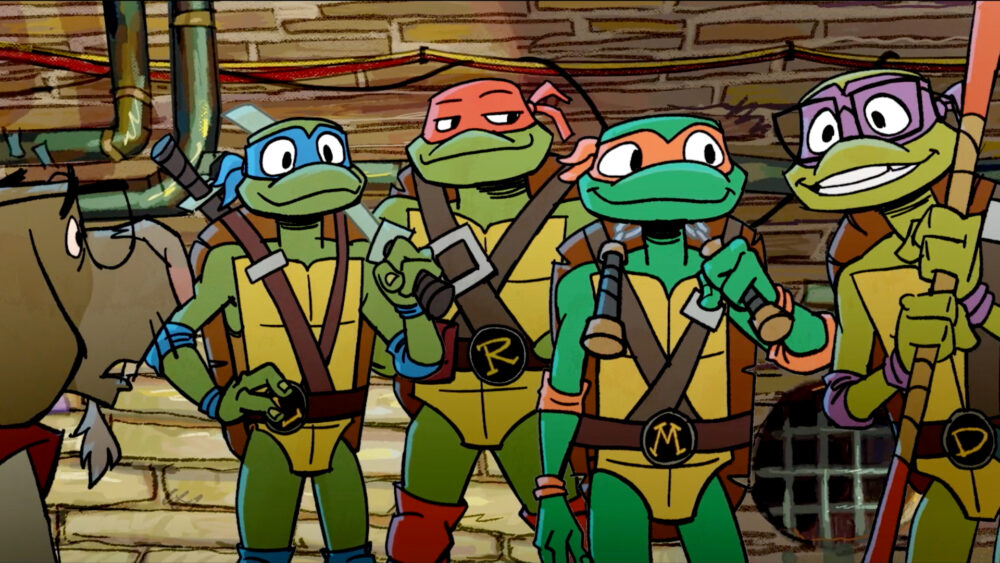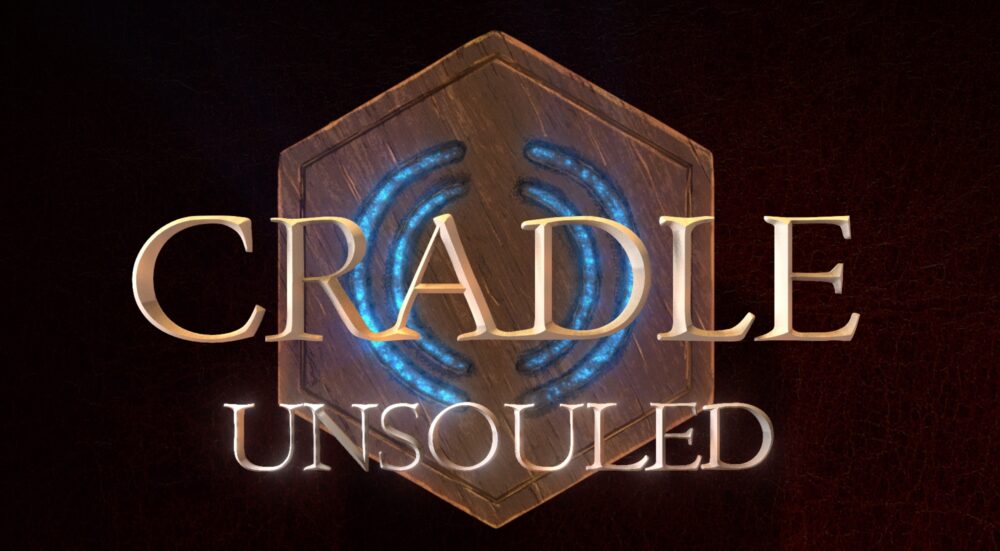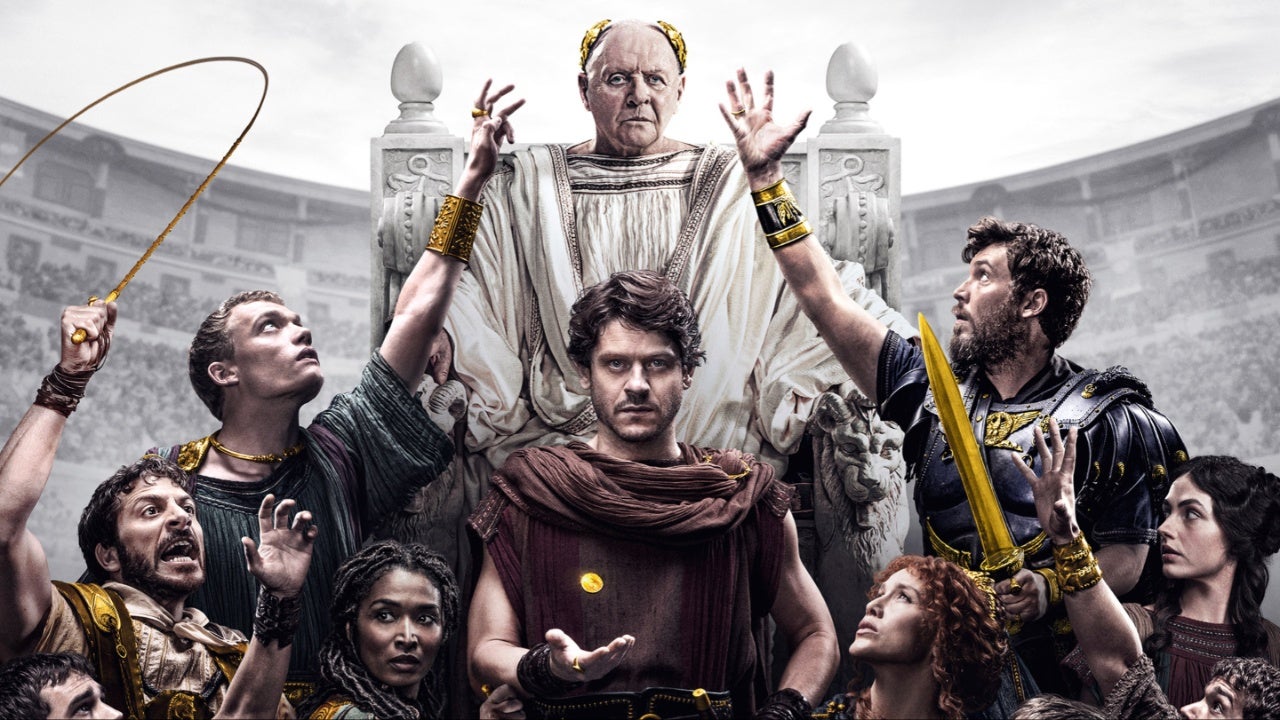There’s a scene in Spike Lee’s Do the Right Thing when Señor Love Daddy, the neighborhood DJ on We Love Radio played by Samuel L. Jackson, reads out a litany of the names of great African-American musicians —””WE LOVE ROLL CALL, Y’ALL! Boogie Down Productions, Rob Base, Dana Dane, Marley Marl, Olatunji, Chuck D, Ray Charles, EPMD, EU, Alberta Hunter, Run-D.M.C., Stetsasonic, Sugar Bear, John Coltrane,…”— that stands as a declarative paean to Black musical culture.
Spike Lee’s latest film, BlacKkKlansman, the true story of a black police detective in Colorado Springs who in the 1970s infiltrates the KKK, has a number of such tributes. It’s in the soundtrack, of course, and the dancing. It’s in the clothing, the hair, the jewelry, but most powerfully, Lee focuses in on the faces, sometimes filling the screen with collages of faces, loving and lingering images of beautiful young African-American faces, as they listen and learn from their elders and leaders as they talk of the struggle for rights and dignity.
 That is one of tones in this film.
That is one of tones in this film.
There’s another scene in Do the Right Thing where the bigotry and hatred is at the boiling point and Lee cuts from character to character as each spews racist slurs at their particular object of prejudice and bile, (Italians, Koreans, Blacks, Jews, Puerto Ricans) until finally Señor Love Daddy, once again, jumps in and tells them, “Ya need to cool that shit out!”
That’s another tone in this film. There is lots of verbal hate in BlacKkKlansman. Lots. As you would imagine nearly all of it is directed at African-Americans, though the Jews get their fair share, as well. It’s ugly language, vicious and violent, and it never loses its dehumanizing impact; dehumanizing the speaker, that is.
 Did I mention that BlacKkKlansman is a comedy?
Did I mention that BlacKkKlansman is a comedy?
It is indeed a comedy. And a campy homage to the Blaxploitation films of the 70s. And a true crime story. And a political diatribe. And like nearly all films that try to be so many disparate things, it does some better than others; and in the end, the combination of it all weakens the film. It feels more scattershot and uneven than it needed to be.
As a comedy, the laughs don’t come easy. And at the same time, they come way too easy. The humor arises from the display of prejudice, but given the film’s embrace of the campiness of Blaxploitation genre, many of the characters … several of the Klansmen, the racist cop, the Klan wife … are so over-the-top that the humor doesn’t have enough solid ground to bounce. And when the talk turns serious, like the conversations between Ron (John David Washington) and Patrice (Laura Harrier), the black student leader/loveinterest, it’s so jargon and rhetoric heavy that it often sinks.

But really this movie is about rhetoric, about persuasion and figures of speech; it’s an argument that the troubles of today, both the vile racism that is so public and the insidious racism that lies barely hidden in contemporary slogans and rallying cries, is the latest manifestation of the historical snake of racism that is wrapped around the heart of America.
Lee leaves no doubt what he’s getting at. Nor should he.
There’s an early scene where former Black Panther leader Stokely Carmichael (who changed his name to Kwame Ture) is giving a rousing speech. It’s full of the turns of phrases and powerful exclamations that characterizes an effective rallying cry to action. As a speech, though, it stands apart in a narrative. It gives a context to the action and characterization, but it engages in a different way than a story. This film is filled with speeches, formal and informal. Sometimes when the characters speak, it’s as if they’re giving speeches. In-between there’s a story, but it plays second fiddle to the rhetoric. With the exception of Adam Driver’s character, Flip Zimmerman, who sometimes seems like he’s acting in a different movie, a realistic drama, nearly all the characters seem like rhetorical devices fashioned to drive a point home.

Adam Gobnick pointed out recently that “mockery cleanses cliches, then restores emotion.” For me, the mocking tone in the film, directed at the Klansmen, particularly at David Duke, who is comically captured by Topher Grace, was too diluted by all the other tones Lee was pitching.
To be honest, I found that by the end, when Spike Lee caps the film with contemporary footage from the White Power rallies in Charlottesville, Virginia, that I was stuffed numb from the cornucopia of Blaxploitation campiness, hate speech, earnest appeals, and heavy-handed treatment that had proceeded it. I understood it politically and intellectually, but the film’s hopping from tone to tone had so emotionally disengaged me that I didn’t feel the gut kick like I should have. Perhaps that is Lee’s point: When one is constantly hammered by hate and prejudice, even if done “in jest”, that ultimately we lose the ability to feel.
 But it was clear that Lee was going for something more than illustrating the deadening effect of racism. He wants us to wake up.
But it was clear that Lee was going for something more than illustrating the deadening effect of racism. He wants us to wake up.

Events
Paramount+ Reveals Official Main Title Sequence for the Upcoming Series TALES OF THE TEENAGE MUTANT NINJA TURTLES

During the TALES OF THE TEENAGE MUTANT NINJA TURTLES panel earlier today at San Diego Comic Con, Paramount+ revealed the official main title sequence for the series. The sequence is composed by EMMY® nominee, Matt Mahaffey, known for his work on Sanjay and Craig, Rise of the Teenage Mutant Ninja Turtles, and Rise of the Teenage Mutant Ninja Turtles: The Movie and much more.
From the studios of the Mutant Mayhem film, the all-new Paramount+ original series TALES OF THE TEENAGE MUTANT NINJA TURTLES explores the adventures of everyone’s favorite pizza-loving heroes as they emerge from the sewers onto the streets of NYC. Leo, Raph, Donnie and Mikey are faced with new threats and team up with old allies to survive both teenage life and villains lurking in the shadows of the Big Apple. The series is produced by Nickelodeon Animation and Point Grey Pictures.
TALES OF THE TEENAGE MUTANT NINJA TURTLES is executive produced by Chris Yost (The Mandalorian, Thor: Ragnarok) and Alan Wan (Blue Eye Samurai, Rise of the Teenage Mutant Ninja Turtles, Teenage Mutant Ninja Turtles [2012 Series]). Production is overseen for Nickelodeon by Claudia Spinelli, Senior Vice President, TV Series Animation, Nickelodeon, and Nikki Price, Director of Development and Executive in Charge of Production.
In addition to the upcoming new series, stream all things Turtles on Paramount+.
Events
Comic-Con 2024: Those About to Die Activation
Events
DISNEY+ CASTS DANIEL DIEMER AS FAN-FAVORITE ‘TYSON’IN SEASON TWO OF “PERCY JACKSON AND THE OLYMPIANS”

in Hall H at San Diego Comic-Con, Rick Riordan and Disney+ revealed that Daniel Diemer (“Under the Bridge”) will star as fan-favorite cyclops “Tyson” in the epic adventure series “Percy Jackson and the Olympians.” Diemer joins Walker Scobell (Percy Jackson), Leah Sava Jeffries (Annabeth Chase) and Aryan Simhadri (Grover Underwood) as a series regular. The Disney+ Original series from Disney Branded Television and 20th Television will start filming its second season next week in Vancouver.
Season two of “Percy Jackson and the Olympians” is based on the second installment of Disney Hyperion’s best-selling book series titled “The Sea of Monsters” by award-winning author Rick Riordan. In the new season, Percy Jackson returns to Camp Half-Blood one year later to find his world turned upside down. His friendship with Annabeth is changing, he learns he has a cyclops for a brother, Grover has gone missing, and camp is under siege from the forces of Kronos. Percy’s journey to set things right will take him off the map and into the deadly Sea of Monsters, where a secret fate awaits the son of Poseidon.
Diemer stars as Tyson – a young Cyclops who grew up all alone on the streets, and finds it difficult to survive in the human world. Shy and awkward, with a heart almost as big as he is, Tyson soon discovers that Poseidon is his father, which means Percy Jackson is his half-brother… and that Tyson may have finally found a home.
Diemer recently starred in the Hulu limited series “Under the Bridge” based off the critically acclaimed book of the same name and a tragic true story of a missing teen girl in Vancouver in 1997. He will next star in the indie “Thug” opposite Liam Neeson and Ron Perlman for director Hans Petter Moland. Daniel was recently seen as the lead in the indie “Supercell” opposite Alec Baldwin and Skeet Ulrich and the lead in the film “Little Brother” opposite Phil Ettinger and JK Simmons. Daniel can also be seen in the Netflix series “The Midnight Club” and recently starred as the male lead in the breakout hit Netflix feature “The Half Of It” from producer Anthony Bregman and director Alice Wu. He is a graduate of Victoria Academy of Dramatic Arts in Vancouver.
Created by Rick Riordan and Jonathan E. Steinberg, season two of “Percy Jackson and the Olympians” is executive produced by Steinberg and Dan Shotz alongside Rick Riordan, Rebecca Riordan, Craig Silverstein, The Gotham Group’s Ellen Goldsmith-Vein, Bert Salke, The Gotham Group’s Jeremy Bell and D.J. Goldberg, James Bobin, Jim Rowe, Albert Kim, Jason Ensler and Sarah Watson.
The first season of “Percy Jackson and the Olympians” is available on Disney+
-

 Interviews1 day ago
Interviews1 day agoInterview With Heroes & Villains Creative Director Doug Johnson
-

 Streaming1 day ago
Streaming1 day agoApple TV+ announces season two for delightful kids and family series “Camp Snoopy
-

 Events1 day ago
Events1 day agoThat’s My E Coverage Of The Adult Swim’s Pirate Parrrty
-

 Events9 hours ago
Events9 hours agoParamount+ Reveals Official Main Title Sequence for the Upcoming Series TALES OF THE TEENAGE MUTANT NINJA TURTLES
-

 Interviews13 hours ago
Interviews13 hours agoComic-Con 2024: Will Wight’s Cradle
-

 Events12 hours ago
Events12 hours agoDISNEY+ CASTS DANIEL DIEMER AS FAN-FAVORITE ‘TYSON’IN SEASON TWO OF “PERCY JACKSON AND THE OLYMPIANS”
-

 Events12 hours ago
Events12 hours agoComic-Con 2024: Those About to Die Activation


